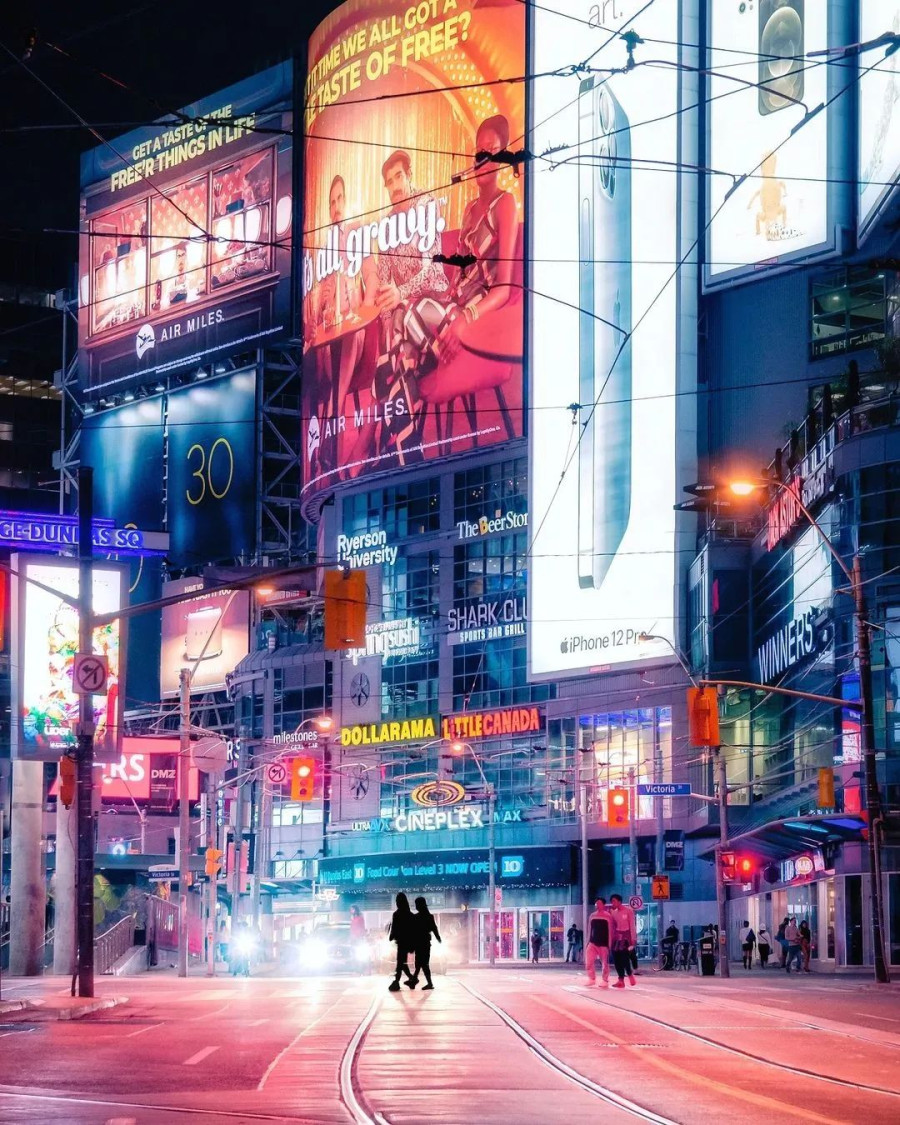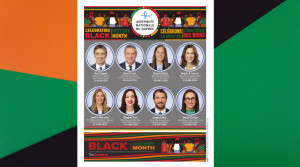The renaming to Sankofa is the result of two years of careful work by the Community Advisory Committee, shares Elder Catherine Tammaro and Dr. Melanie Newton, who are co-chairs of the Recognition Review Community Advisory Committee.
“This name was suggested by representatives of the Black community who served on the committee. We worked on a consensus model that reflects the best traditions of decision-making in both the Indigenous communities of this territory and the African diaspora. Our committee conversations were informed by consultations with the public. Of the many names we considered, Sankofa emerged as the consensus choice. This powerful concept encapsulates the need for all members of our community to come together to reflect and learn from the loss and tragedy of the histories of Black enslavement. It also celebrates histories of survival and community and expresses the joy which we hope future generations of people will experience when they gather together in this central landmark of Canada’s largest city.”
The City of Toronto will also be changing the name from Dundas Station, Dundas West Station and the Jane/Dundas Public Library, as well as undertake a public education campaign acknowledging the impact of the trans-Atlantic slave trade and slavery.
Mayor Olivia Chow said in Council on December 14th that Dundas’ actions were horrific and that delaying the end of the slave trade over concerns about who would work on colonial plantations “is heartbreaking.”
While many see Henry Dundas, who Yonge-Dundas Square is named after, as someone who fought to continue slavery, many others do not see it this way.
Bobby Dundas, a descendant of Henry Dundas, believes that Henry was not trying to prolong slavery but rather was being strategic with his “gradual abolition” motion.
Many are also upset at the estimated $700,000 cost to the city. However, it's not coming out of tax payers dollars. Councilor Chris Moise, the Chair of the Confronting Anti-Black Racism Committee’s Section 37 fund, says these funds come from developers who pay for neighbourhood improvement and beautification projects. This is money that would never be used for social services. The original proposed cost of $12.7 million includes the renaming of Dundas Street, which is on pause for now due to the high price point.
Media outlets recently shared that over 70% of Torontonians don’t want Yonge-Dundas Square to be renamed Sankofa Square. Liaison Strategies polled 831 residents. Previous polling found that 54% of residents supported the change, though this dropped by 12% once the original $12.7 million dollar cost was released.
Commenters on a video by This Xplained blogger, Imani Walker share their disapproval. One person wrote, “ I am Ghanian, but I think this [is] a waste of money to change a name...it can be used for urgent needs in this economy.” Another added, “12 million?! Naww keep the name.” Some added how nostalgic Yonge-Dundas is saying, “Love Sankofa, but I agree the money can be better spent! Also, I like Yonge & Dundas Square and have so many memories of being a student. We can keep this one.” Another suggests not renaming the street, commenting, “Change the name of Dundas Square but not the whole street. That’s crazy.”
{https://www.instagram.com/reel/C1ARDYSO_-y/?utm_source=ig_embed&utm_campaign=loading}
Renowned historian Dr. Cheryl Thomposn notes that in all these discussions surrounding the abolishment of slavery, which happened in Canada in 1834, the British were very concerned about their assets and not concerned about Black people. “When people defend a person like Henry Dundas, it's because they're thinking slavery is about Black people. No, slavery is what impacted Black people. Slavery is the original capitalism of the Western world. What people like Henry Dundas were concerned about was their cotton profits because the cotton mills of the north of England required southern plantations to pick the cotton so that it could then be shipped. Someone like Henry Dundas is a problematic figure because he was defending [capitalism].”
She added that it feels easy for people in 2024 to dismiss something that happened hundreds of years ago, but his name evokes a reminder of a horrific system of exchange. “Our free labour is what built your wealth over there in Britain, as it did in Canada, as it did in America. I think a lot of people are uncomfortable with that reality.”
As Dr. Thompson explains, Henry Dundas is one of many at that time who worked on a gradual abolition bill, noting Lord Simcoe also had taken part in the gradual abolition of slavery. However, gradual abolition was to protect the British assets and disregarded the well-being of Black people. “How could you be living in a time of extreme white supremacy and tell me that there's a white person trying to do good for Black people? Because we're also talking about a time that is pre the abolitionist movement. Unless you can give me the record that shows that he was a Quaker, who were the people who really led the abolitionists and show me where he's related to abolitionism in any shape or form - then it's a different conversation. However, the average white person in 1803 did not think that Black people were human. There is a real lack of in-depth understanding of slavery in Canada.”
Dr. Thompson adds that this behaviour of criticizing and fighting against changes to monuments and names based on the harm that those commemorated have done appears to be based on a fear that white people will be erased. “Most people didn't even know who this person was before we said, ‘Hey, did you know’? Nobody really paid any attention to this person, and now suddenly you want to defend his legacy? It’s just really bizarre how white supremacy always finds a way to cling to figures from the past as if to say, if we erase these figures from the past, we're erasing white people today because what they're really talking about is today. Those defending Dundas are really not interested in the past, right? They're saying, ‘If we keep erasing these white figures in the past, what does it mean to be white if we're no longer studied and worshipped and our names are not everywhere?”
Moreover, Dr. Thompson highlights that after 600 years, people of African descent are finally getting our voice, which is alarming to some who have never heard us speak. She adds that it almost feels as though people are shocked we weren’t enjoying being oppressed as a group. “Now that we have a voice, have a political mass, have outlets like ByBlacks to express our point of view, that's where the tension is. They can't understand in the context of Canada, where all this political activism is coming from.”
While discussing the cost of the city’s undertaking of removing the name Dundas, Dr. Thompson notes that everything costs money, but to live and walk in spaces commemorating racists is violence against the Black community. “What you really should ask all those people is why would you want Black people to continue to live violence in their day-to-day lives if you say you care about all people. And then they'll say, ‘Oh, that's not violent. It's just a name.’ They'll come up with all kinds of excuses. If you know something is a sure thing and you have to see it every day, it does wear on you, even if you're not consciously aware of it.”

 By
By 





